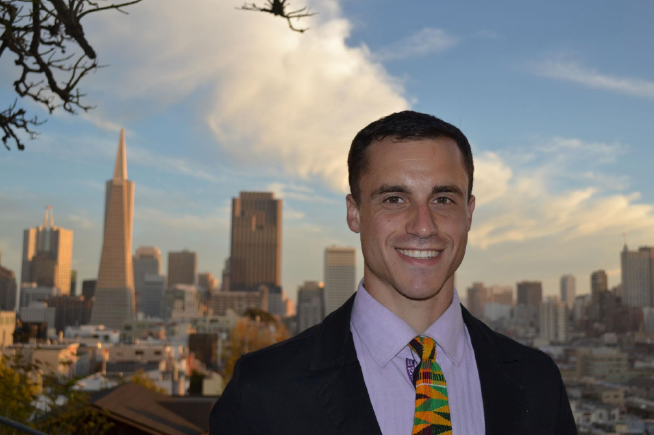BY SETH BEYER FOR FORBES.COM
The housing affordability issue in many U.S. cities has become such a crisis that it’s raising bipartisan concern. Both liberal and conservative urban commentators, when holing up in their respective bunkers, speak of how inflated prices are hurting the American dream in key cities like New York, San Francisco, Washington, DC, and many smaller ones. And both groups have even identified the same causes, noting that NIMBYism and regulation prevent these cities from increasing their supply to meet demand. But as I found while recently attending two very different urban policy conferences, neither side has noticed their shared beliefs. Instead they talk past–or sometimes negatively about–each other.
The two conferences were the American Dream Coalition conference, which was held last November in Austin, and the YIMBY conference, which was held this June in Boulder, CO. The ADC conference was hosted by an organization of the same name whose mission, according to its website, is “defending freedom, mobility, and affordable homeownership.” One of the conference’s lead organizers was Randal O’Toole, a libertarian Cato Institute scholar best known for celebrating suburban sprawl. The YIMBY Conference was hosted by the pro-density, smart growth organization Better Boulder, and was designed to bring together various “yimby” coalitions from across the country (in distinction from nimby’s, who say “not in my backyard”).
Besides the fact that I spoke at both, the conferences couldn’t have seemed more different. The ADC conference resembled what you might expect a Tea Party gathering would look like if it was adapted for urban issues. I’m fairly certain that I was, at age 30, the youngest person there, while many of the rest were senior citizens. Among conference-goers—many of whom hailed from small cities and the suburbs of larger ones—the general sentiment was that government in America had grown too large and wasteful at every level. The group thus embraced free-market ideology, and applied it to urban issues, by advocating against publicly-subsidized light rail projects, and for private ride sharing, road tolls, and housing deregulation.
The YIMBY conference, on the other hand, looked like a carbon copy of a design charrette at a trendy architecture school. Most conference-goers were from cities like Portland, San Francisco, Los Angeles, Austin and New York City, were mostly in their 20s and 30s, and were generally progressive. These characteristics extended to their personal appearance, as many had tattoos, piercings, and skinny jeans. Like the ADC conference, the main focus of the YIMBY conference was about how to increase urban housing supply, but the language was totally different. Doing so, argued several speakers, was a matter of social justice, racial equality, and making cities available for all types of people.
But I soon discovered, after looking past the cultural distinctions, that both conferences had the same message. Speakers and attendees at each recognized, whether they were predisposed or not towards free-market ideology, that the lack of a true market in cities was causing the affordable housing crisis. That is, existing residents buy homes in destination cities, and then utilize land-use regulations and anti-growth public officials to prevent new construction. This creates artificial shortages, driving up prices and pushing out poorer demographics. There was certainly a suburban-urban divide in the way the issue was presented at each conference—for example, at ADC, demographer Wendell Cox spoke of “urban containment” policies that stop suburban expansion into rural areas, while at YIMBY there were constant calls to “upzone” infill areas. But all conference-goers agreed that deregulation was the key to getting more of the types of housing that they personally wanted.
Yet these groups didn’t seem to realize that they are allies on the housing fight, or on any number of urban issues, for that matter, such as ridesharing, congestion charging, and civil service reform. At the ADC conference, people bemoaned progressives, while at the YIMBY conference, merely mentioning the word “Republican” elicited laughter. This herd mentality extends to the wider media. Conservative urban commentators like O’Toole, Cox, or even Joel Kotkin, who is more of an old-school, pro-growth Democrat, have spent decades advocating for land use deregulation. But they are persona non grata within the urban progressive blogosphere, simply because they take a suburban focus. Conservatives, meanwhile, don’t generally live in dense cities, so they seldom speak out against restrictive infill zoning, even though it is perhaps America’s greatest modern example of a government-created problem.

